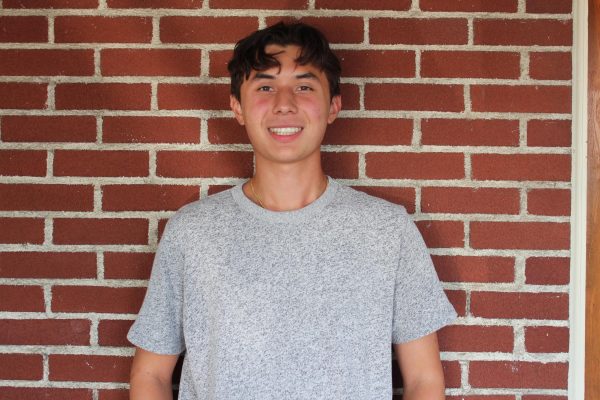In honor of Martin Luther King Jr. Week here on campus, Bucknell put on several events to honor the visionary work of Martin Luther King Jr. The Singing and Social Justice event held at Rooke Chapel in the Main Sanctuary led by Reverend Angela Jones and Dr. Alisha Lola Jones guided attendees through various songs and vocal exercises in an attempt to promote community through music.
As someone who does not sing, I was initially very hesitant about going to this event. While I play musical instruments, singing is not my strong suit and is way outside my comfort zone, so I was definitely a little anxious when we were told to divide into altos, tenors and sopranos and that everyone was going to sing. In the beginning, I was skeptical of the community-building effect of music that they were talking about in the beginning.
However, as the event progressed, I was more able to buy into the concept of music and community building as I witnessed it first-hand. We covered two songs during the event, the first being “We Shall Overcome,” and the second being “Jesus is a Rock in a Weary Land.” “We Shall Overcome” is a gospel song that is heavily associated with the U.S. Civil Rights Movement. The song is thought to descend from “I’ll Overcome Some Day,” a hymn written by Charles Albert Tindley. First produced in the late ’40s, it gained popularity in the ’50s and ’60s as a protest song at rallies, concerts and churches in the North. The song’s lyrics are deeply inspiring with its meaningful message of bringing hope and unity in a time of conflict and division. I felt this unity in the room when we sang “We shall overcome/We shall overcome/We shall overcome, someday.”
We also sang “Jesus is a Rock in a Weary Land.” This song was definitely harder to sing than “We Shall Overcome.” While we sung “We Shall Overcome” mostly in unison, “Jesus is a Rock in a Weary Land” had a lot more moving parts to it. To the singers in the room, the parts may have come naturally, but to me, the moving parts required some more concentration to get the hang of. But hearing the altos, tenors, basses and sopranos all come together at the end was very satisfying. It showed me that when people come together to create something, they will often create something very beautiful.
While I’m not a singer, I found the Singing and Social Justice event to be quite fascinating and engaging. Seeing people coming together as a campus through music and filling the room with beautiful voices, whether talented or off-key, was an enchanting experience. Even though singing might not be the first form of activism that comes to people’s minds, sometimes it is the best way to bond a community.




















